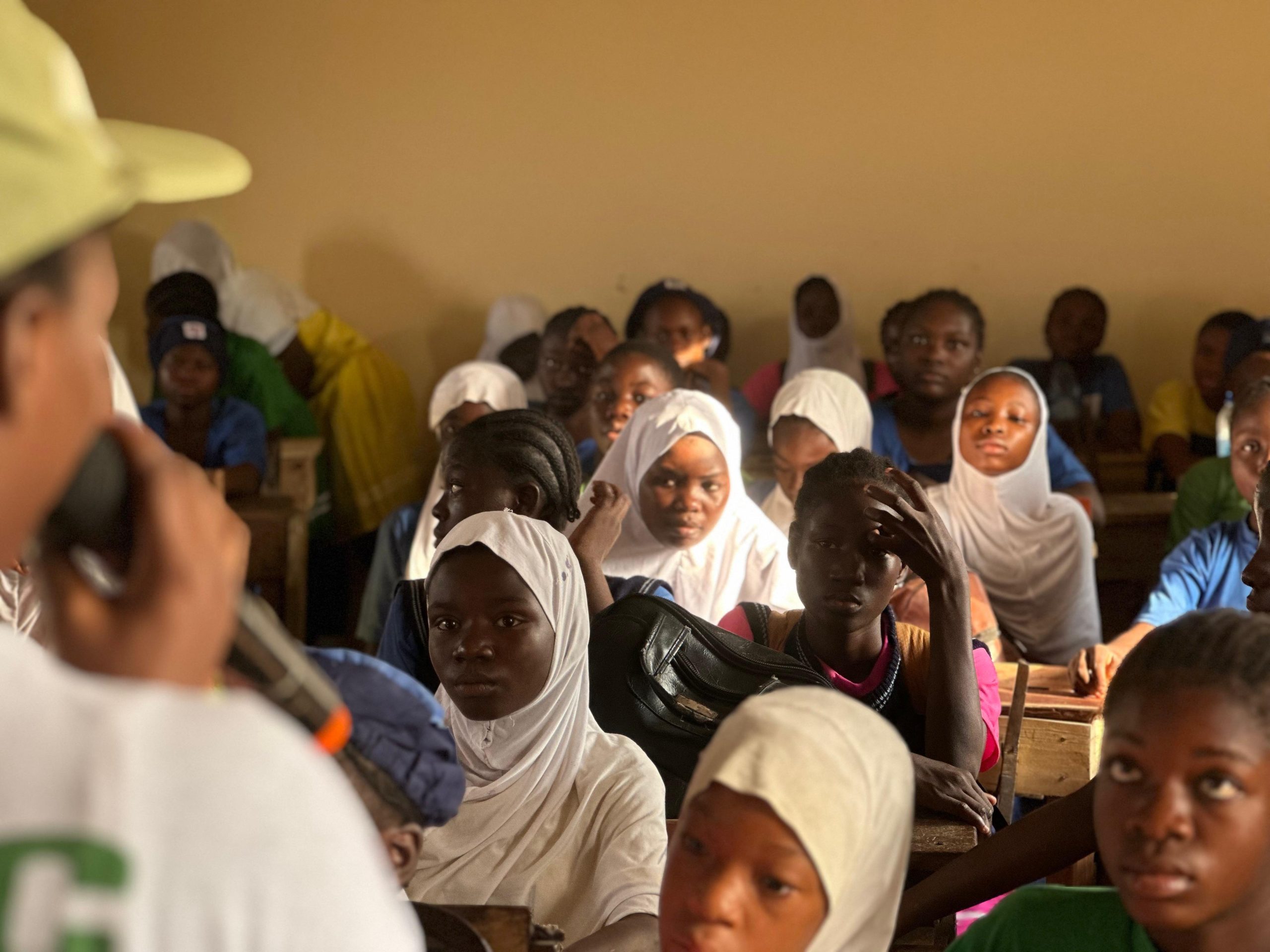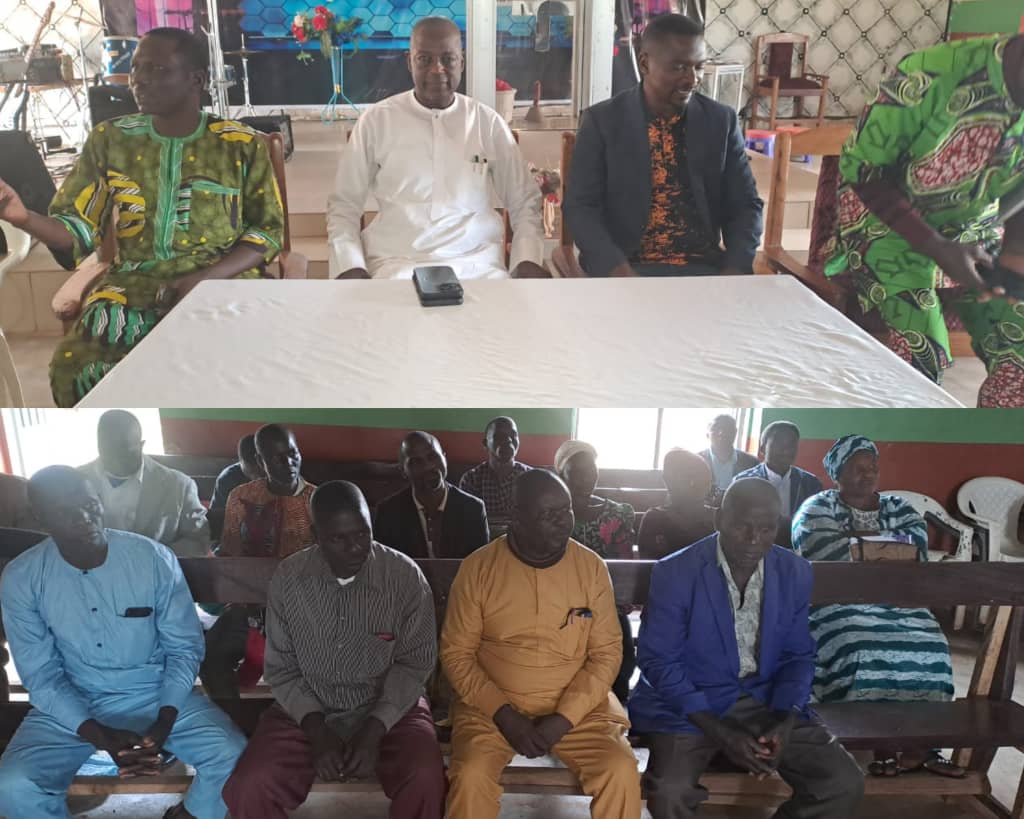By Thompson Yamput
The Young Leaders Network (YLN) has raised concerns over the recent decision by the Ministries of Education in Bauchi, Kebbi, and Kano States to shut down all junior and senior secondary schools for the duration of Ramadan fasting.
The Network through its Spokesman, Mr. Seun Justin-Onarinde, in a statement issued in Bauchi on Saturday, urged the governors of affected to have a rethink on the schools closure.
The YLN, a Non-GovernmentalOrganisation, which acknowledged the significance of Ramadan to the Muslim community, believes that closing schools for an extended period is counterproductive to the educational development of students, states and the entire nation.
YLN argued, “Education is a fundamental right and a key driver of development, but disrupting the academic calendar without careful consideration of its long-term impact on students, teachers, and the education system can have far-reaching consequences.
“The school calendar is already constrained by numerous challenges, including public holidays. Further disruptions may impact students’ ability to complete their curriculum, prepare for exams, and achieve academic success.
“It’s glaring that Northern Nigeria, particularly Bauchi State, already grapples with one of the highest numbers of out-of-school children globally.
“Therefore, shutting down schools during Ramadan can undermine ongoing government and stakeholder interventions aimed at addressing this longstanding educational challenge.
“If this approach becomes a norm, it can lead to similar closures for other religious or cultural observances, further fragmenting the school calendar and setting a precedent that may not be sustainable in a diverse and multi-religious society.”
YLN urged the ministry of education in Bauchi, Kebbi, and Kano States to reconsider this decision and explore alternative measures that ensure students remain engaged in their academic work while allowing for religious observance.
“These measures include adopting flexible schedules, reduced hours, or designated break times to accommodate fasting students.
“By prioritizing education and respecting religious diversity, we believe that an inclusive and equitable education system can be achieved, where every child can learn, grow, and thrive—regardless of their religious beliefs, ” it opined. (ephemeralnews.com.ng)





